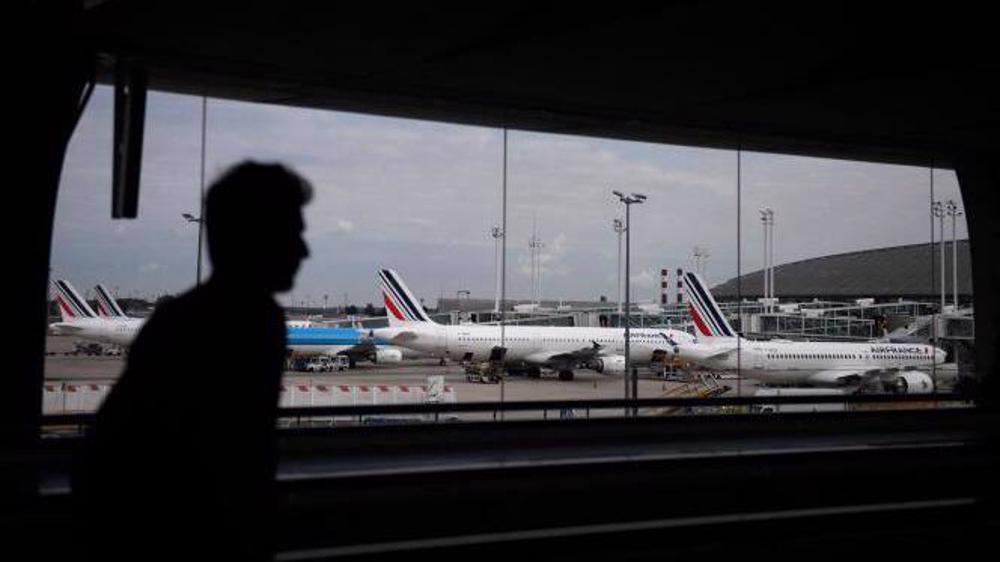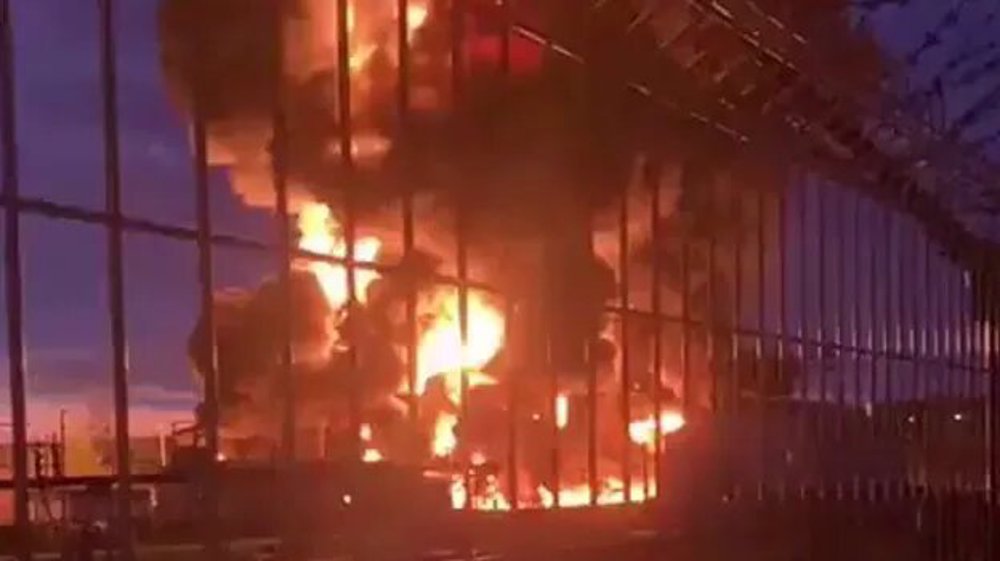Greek workers protest 'chaotic' high prices, energy costs, as Ukraine crisis drives up inflation
Thousands of Greek workers took to the streets in protest on Sunday over high prices and energy costs plaguing households as the conflict in Ukraine takes its toll on European economies.
According to police some 10,000 protesters marched in the capital and gathered outside the parliament building for May Day, the international workers day used to call for better wage and labour conditions. Island ferries and public transport also came to a halt as part of strikes by some workers.
The protest on Sunday followed another demonstration on April 6 over the cost of living as inflation has reached record highs.
After suffering a decade long financial crisis that wiped out incomes and caused record unemployment, followed by the coronavirus pandemic that hit the country's vital tourism industry, Greeks are now faced with high prices and costs from soaring energy prices driven by Russia's invasion of Ukraine.
"It is very tough, and every day it gets tougher for workers. We will fight it, because the working class cannot survive anymore. Everything is going down the wrong road, in the name of the war, profiteering, and high prices plaguing workers," said teacher Katerina Dekaristou as she stood outside parliament.
Inflation in Greece hit its highest level in 27 years in March, at 8.9%, while natural gas prices soared 68.3% on an annual basis and electricity prices increased 79.3%. Gasoline prices have jumped above 2 euros a litre for unleaded fuel, while food prices at supermarkets have increased as much as 40 percent.
In April the government announced it was raising the minimum wage for a second time this year to 713 euros, which comes into effect on May 1, to tackle rising inflation, but labour unions argue the basic wage is still too low to cover the costs of living.
Everything has risen, the electricity has risen, gas has risen, necessities have risen, its chaotic, we can't get paid fast enough to give it somewhere else. We are trying with every means to cut out what is (not) necessary to pay these things, said Pantelis Iordanou, an auto body painter.
The government has spent about four billion euros in subsidising power bills for households and businesses faced with rising electricity and gas bills since last year and is preparing more support for consumers and unemployed to ease the impact of the energy crisis. It has also been initiating or speeding up projects to decrease its dependency on Russian natural gas, which makes up some 30% of the country's needs.
(Source: Reuters)
Iran: US lacks competence to comment on human rights, freedom of expression
It could take 14 years to remove debris left by Israel war on Gaza: UN
Iran, China discuss military cooperation
Sanders to Netanyahu: 'Don’t insult American people’s intelligence'
Tehran economic conference: Raeisi hails Iran-Africa expansion of ties
VIDEO | Press TV's news headlines
Severe heat wave hits India as phase 2 of polling begins
What to expect after President Raeisi's visit to Pakistan









 This makes it easy to access the Press TV website
This makes it easy to access the Press TV website